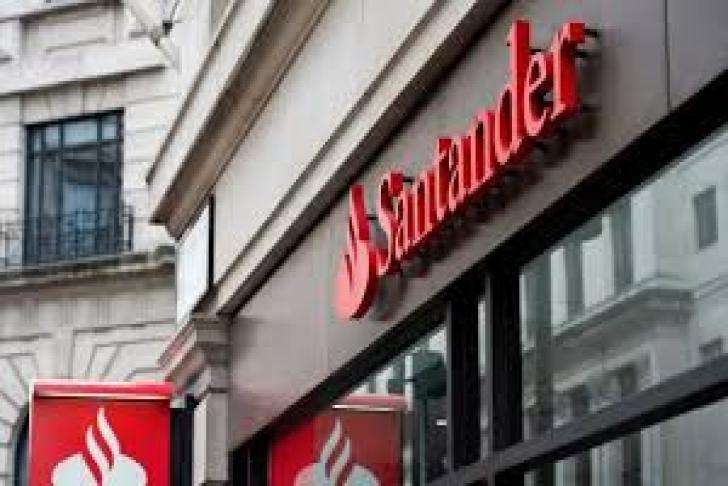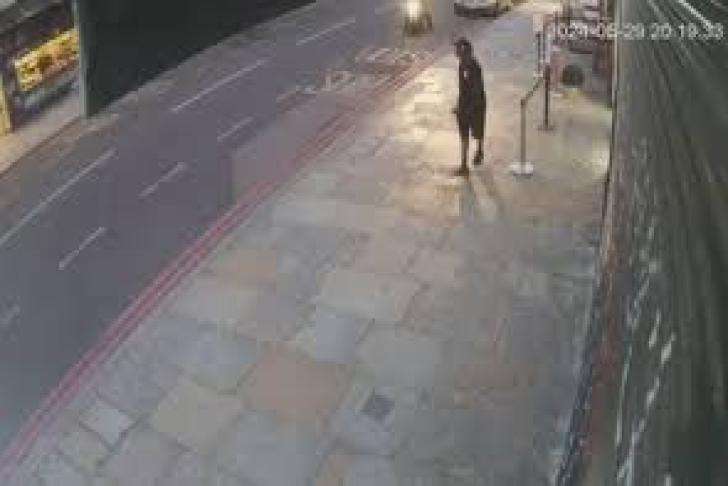The long-ruling African National Congress (ANC) will have to deal with sharing power after a historic loss of its legislative majority, with the majority of the results of the election in South Africa now in.
Counting in over 80% of voting districts is complete and the ANC's share of the vote currently stands at 41%.
Trailing behind are the Democratic Alliance (DA) on 22%, the MK party led by former President Jacob Zuma on 13% and the EFF with 9%.
We anticipate learning the final findings over the weekend.
Since 1994, when Nelson Mandela was elected as the nation's first democratic president, the African National Congress (ANC) has consistently polled at or over 50%.
Support for the ANC has been dropping significantly due to anger over high levels of corruption, unemployment and crime.
One woman who has voted for the ANC in every election for 30 years switched to the DA this time, and said she wanted them out of power altogether because of the cost-of-living crisis and the frequent power-cuts.
"This result is not good. I wanted it out of government. We need to give someone else a chance," she told.
Political analyst Sanusha Naidoo told the BBC that although there were a lot of votes still to be counted, there was no way the ANC could reach the 50% needed to form a government on its own. She said the best it could hope for was 45%
So to hold on to power the party will need to form a coalition with one or more other parties.
ANC chairperson Gwede Mantashe said his party was unlikely to form an alliance with the centre-right DA, which is currently polling in second place with 22%.
He said there would have to be "policy alignment" between parties to a coalition agreement.
For the ANC, its black empowerment policies - aimed at giving black people a stake in the economy following their exclusion during the racist apartheid era - were "non-negotiable".
He added that any coalition partner would have to agree to the National Health Insurance (NHI) Bill, which was signed into law earlier this month.
The DA opposes both the NHI and the ANC's black empowerment policies.
The DA's support appears to have grown in this election, with the party having regained the votes of white people who had backed a party to its right in the last election, and some black people who felt it needed to be given a chance in national government.
Despite the ANC's reluctance to align with the DA, its leader John Steenhuisen hasn't ruled out the idea.
Mr Steenhuisen said if an alliance with the ANC was reached there would be a few non-negotiables.
"Respect for the rule of law and the constitution, a social market economy that treats the private sector as partners in the growth agenda.
"Zero tolerance for corruption and cadre deployment, and an absolute laser-like focus on economic policies that grow jobs."
Mr Steenhuisen also told the BBC he would have to consult pre-election coalition partners before considering any negotiations.
But he ruled out the EFF and the MK party, which both advocate seizing white-owned land and nationalising mines, as potential coalition partners.
"I think instability is not in the best interest of the country. A coalition with the radical left in South Africa of the MK party and the EFF will produce the same policies that destroyed Zimbabwe, destroyed Venezuela," he said.
One possibility would be a coalition between former MK party and the ANC in both KwaZulu-Natal and nationally - but given the fractious relations between the two parties, that appears unlikely.
While Mr Zuma has been suspended from the ANC, he is still a member. He appeared to suggest he would to do a deal with the ANC if it replaced President Cyril Ramaphosa as leader.
"I've got the problem with the leadership of the ANC, not with the ANC itself or its membership," he told the BBC recently.
He was however reluctant to discuss the prospect of entering into a post-election pact with the ANC.
Another option would be to work with the EFF, led by Julius Malema, a former ANC youth leader. The two parties currently form the coalition that runs the country's biggest city, Johannesburg.
A record 70 parties and 11 independents were running, with South Africans voting for a new parliament and nine provincial legislatures.
The DA has signed a pact with 10 of them, agreeing to form a coalition government if they get enough votes to dislodge the ANC from power.
But this does not include the EFF or MK, who would be needed to form a majority.
As the parties scramble to form alliances, Kenya's former President Uhuru Kenyatta, who is leading the African Union election observer mission in South Africa, offered some advice for forming coalitions.
He said coalition governments need to focus on areas of agreement instead of differences.
"I can only wish them well and hope that the leadership will take this decision by the people in a positive frame," he said.
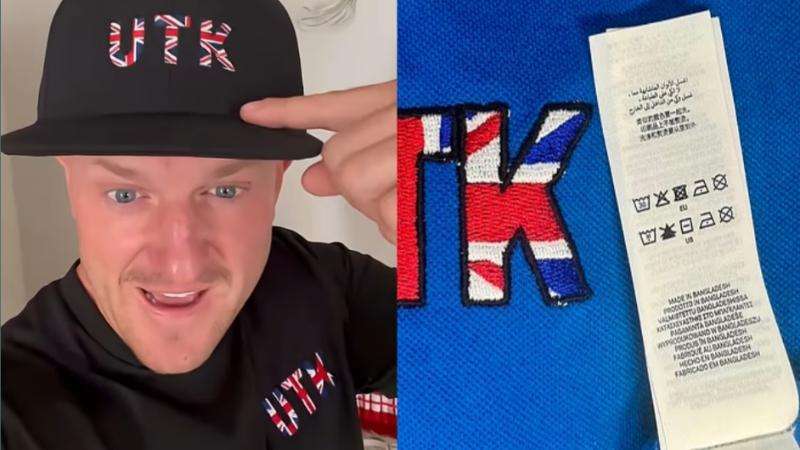
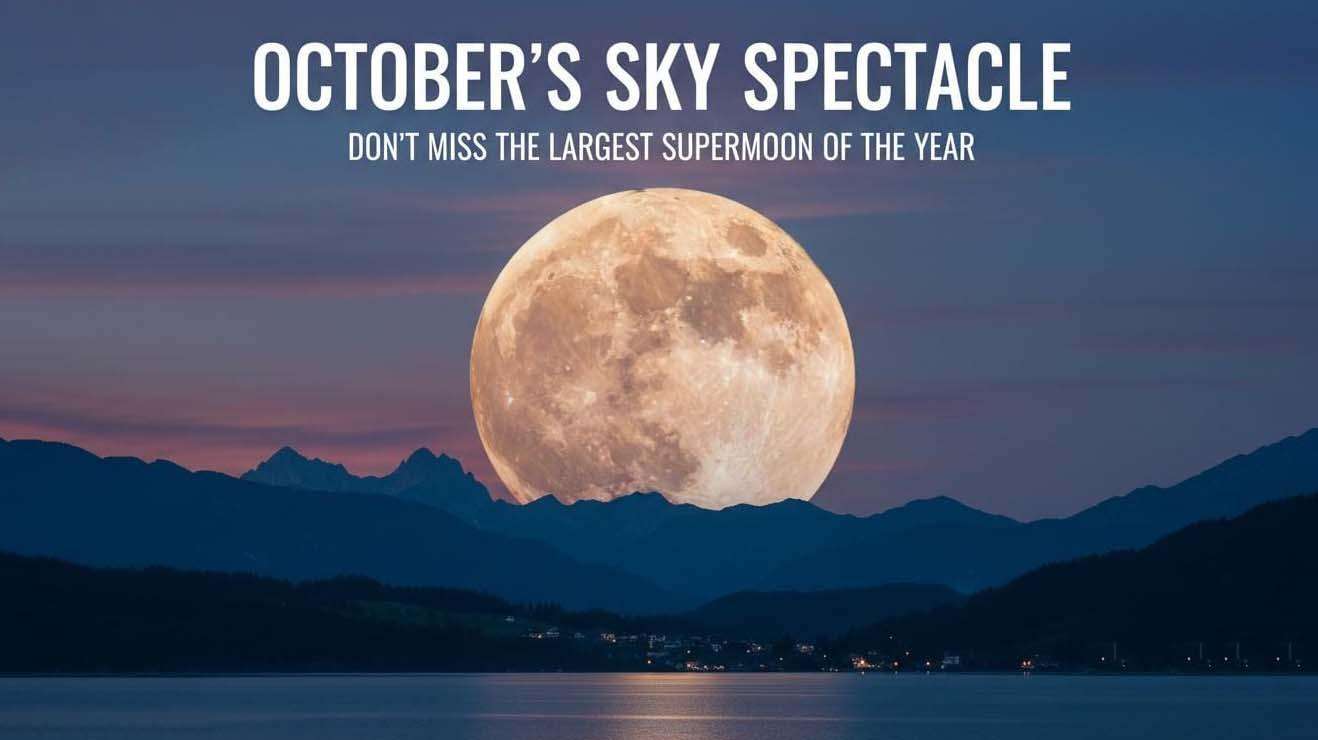
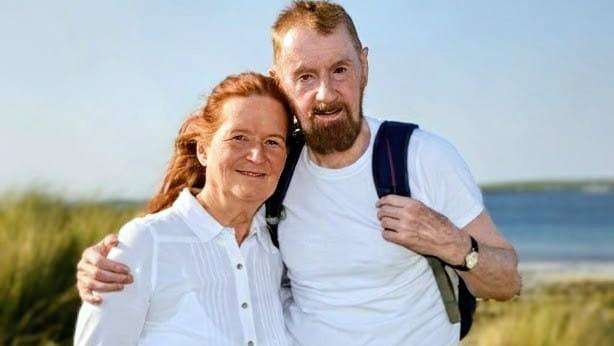
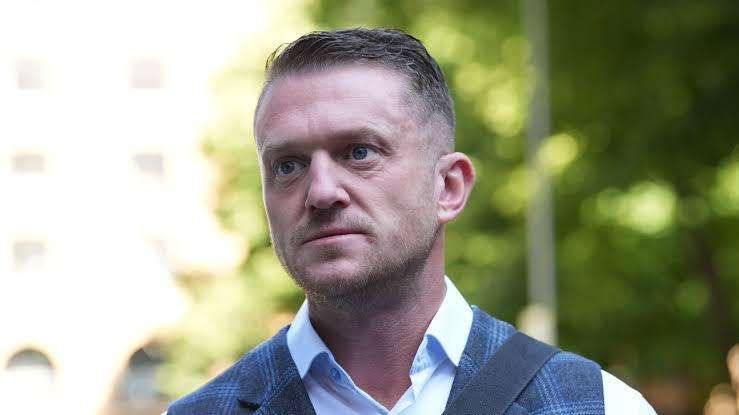
_6.jpg)


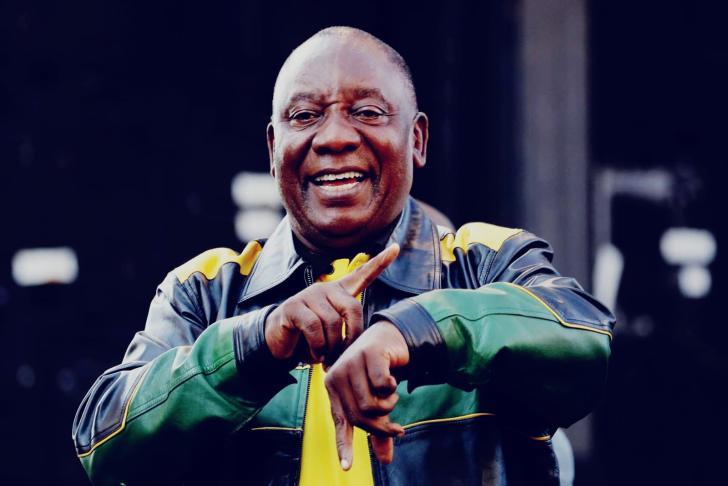
.svg)

